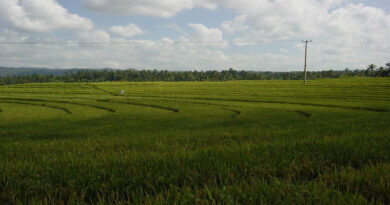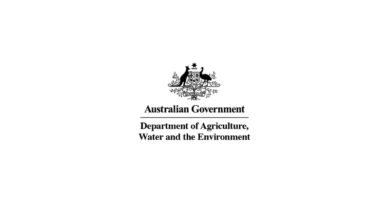James Hutton Institute welcomes Defra gene editing consultation
“We are interested in a wide range of crop traits including those that might be seen as public-good traits such as reducing the environmental impact of fertilisers, pesticides and greenhouse gas emissions, and gene editing is an important tool to help deliver the crops needed for the future”
7 January 2021, Scotland: The James Hutton Institute has welcomed plans unveiled by the Department for Environment, Food and Rural Affairs (Defra) to consult on gene editing, a technique which could unlock benefits to nature, the environment and help farmers with crops resistant to pests, disease or extreme weather and to produce healthier, more nutritious food.
Also Read: 2021, International Year of Fruits and Vegetables
The way that plants and animals grow is controlled by the information in their genes. For centuries, farmers and growers have carefully chosen to breed stronger, healthier individual animals or plants so that the next generation has these beneficial traits – but this is a slow process.
Technologies developed in the last decade enable genes to be edited much more quickly and precisely to mimic the natural breeding process, helping to target plant and animal breeding to help the UK reach its vital climate and biodiversity goals in a safe and sustainable way.
Professor Lesley Torrance, Director of Science at the James Hutton Institute, said: “We welcome the Defra consultation on gene editing. The James Hutton Institute is pioneering new ways of plant breeding and uses genetic modification and gene editing to help understand how to do this better.
“We are interested in a wide range of crop traits including those that might be seen as public-good traits such as reducing the environmental impact of fertilisers, pesticides and greenhouse gas emissions, and gene editing is an important tool to help deliver the crops needed for the future.”
Gene editing is different to genetic modification where DNA from one species is introduced to a different one. Gene edited organisms do not contain DNA from different species, and instead only produce changes that could be made slowly using traditional breeding methods.
The consultation announced by Defra will focus on stopping certain gene editing organisms from being regulated in the same way as genetic modification, as long as they could have been produced naturally or through traditional breeding. This approach has already been adopted by a wide range of countries across the world, including Japan, Australia and Argentina.















